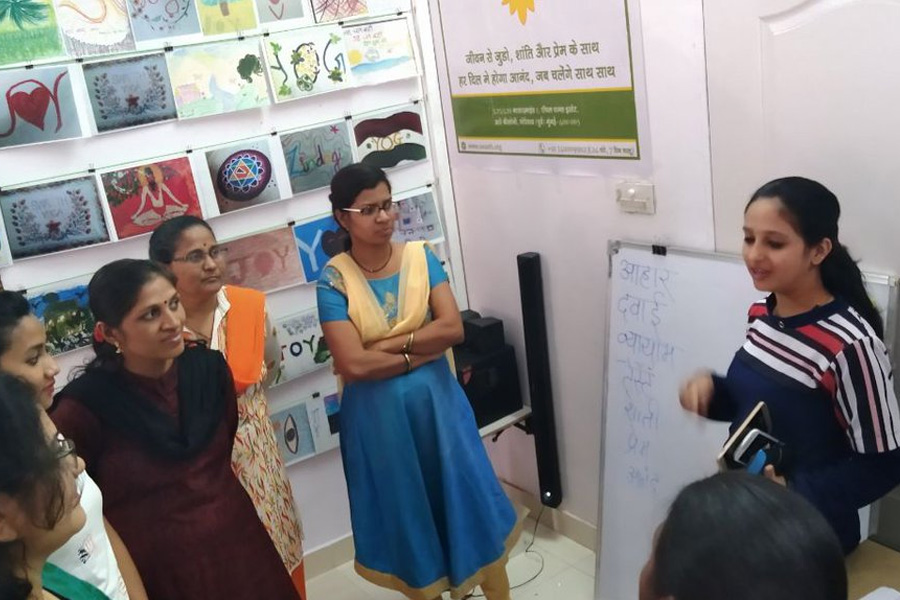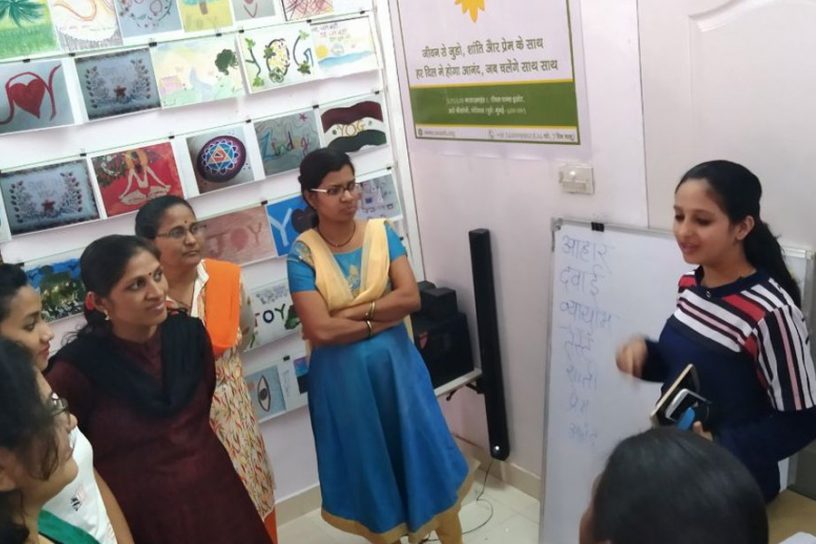
This study deepens our understanding of strategic decision-making by exploring the successful use of pivots.
Authors
Arjun Chakravorty, Associate Professor, Jindal Global Business School, O.P. Jindal Global University, Sonipat, Haryana, India.
Sundeep Kapila, Swasth Foundation, Mumbai, India.
Summary
This case uses the concept of social entrepreneurship to analyze the entrepreneurial journey of Mr Suraj Prakash and his social enterprise, the Swasth Foundation. It further deepens our understanding of strategic decision-making by exploring the successful use of pivots.
Research Methodology
The case was primarily developed through a series of interviews with the leadership team over a year. Secondary sources included literature about Swasth Foundation available on the internet and those shared by the founder.
Case Overview
In 2008, Suraj Prakash left McKinsey & Company after six and half years in the health and development sector as an engagement manager. Along with his friends, Aman Paul and Ankur Sharma, he established Swasth with the goal of building an ecosystem that delivered high-quality, affordable and accountable health services to low-income communities in India. Right from its inception, Swasth went through many fundamental shifts in terms of its business model, team composition and even the nature of its existence; however, this did not deter Suraj from pursuing his goal.
The case brings into focus the health-care system of India, especially in the context of the urban poor and the challenges they are facing, followed by the initiatives taken by Swasth Foundation and the impact it is trying to create.
The remainder of the case delves into Suraj’s entrepreneurial journey and the three pivotal decisions that changed the course of his organization over 11 years. It will also provide a transpicuous view of the entrepreneurial decision-making process through the lens of pivoting.
As Suraj and his team are trying to bring about the required changes through the third pivot, there remain some challenges that need to be addressed for a successful implementation.
Complexity: Academic Level
The case is written for business management students and can be used in general management, entrepreneurship and strategy classes. The case can be used for discussions on leadership, social entrepreneurship and strategic decision-making. It is suited for both undergraduate and postgraduate levels.
Published in: The CASE Journal
To read the full article, please click here.


